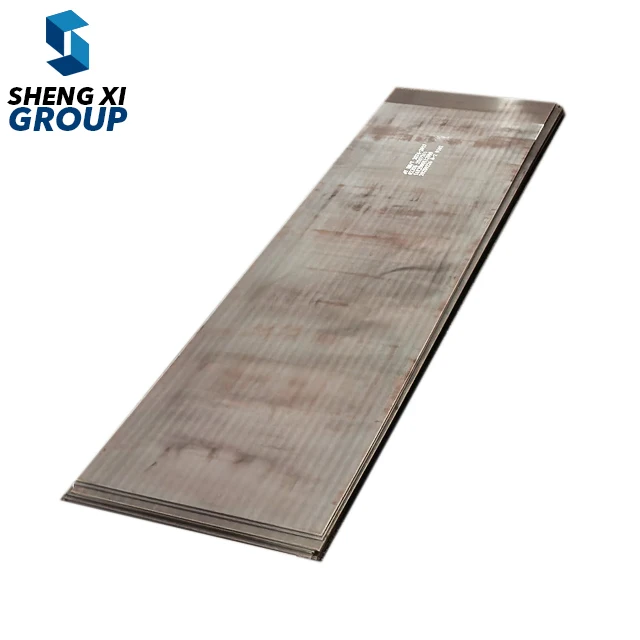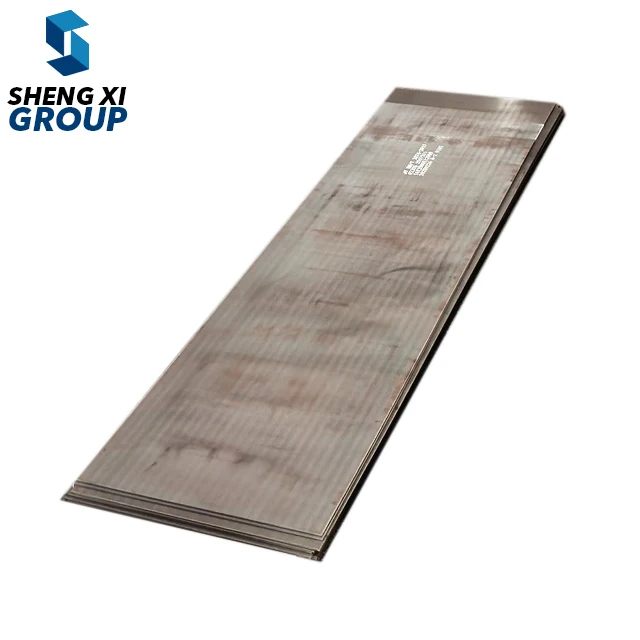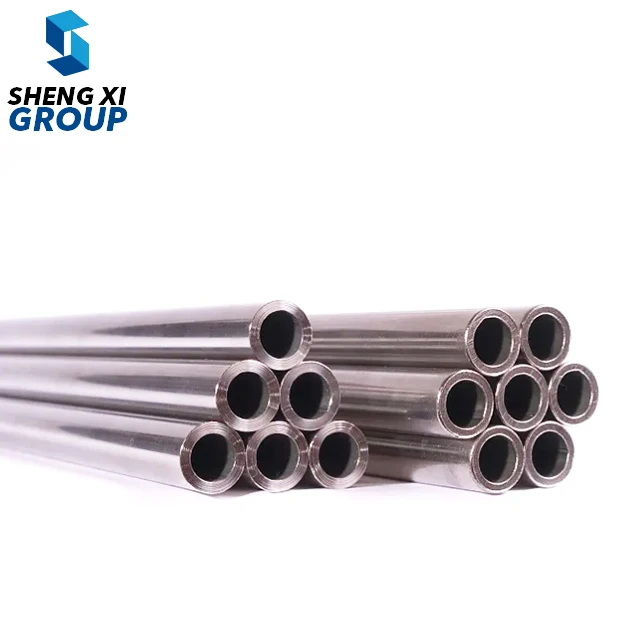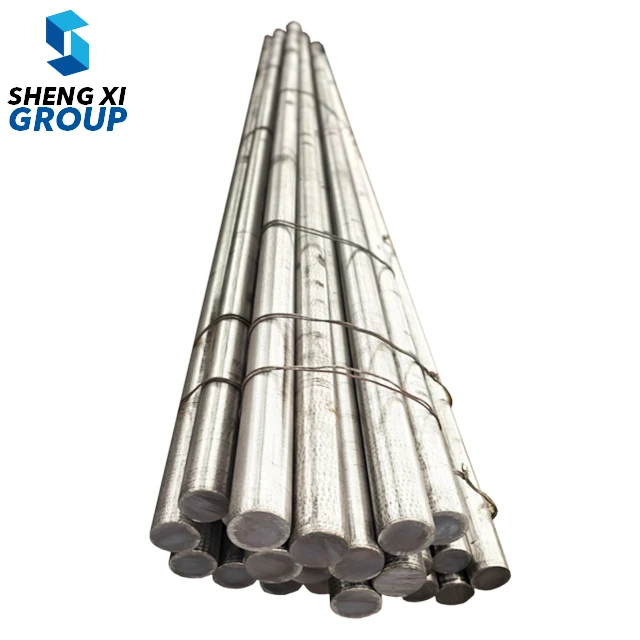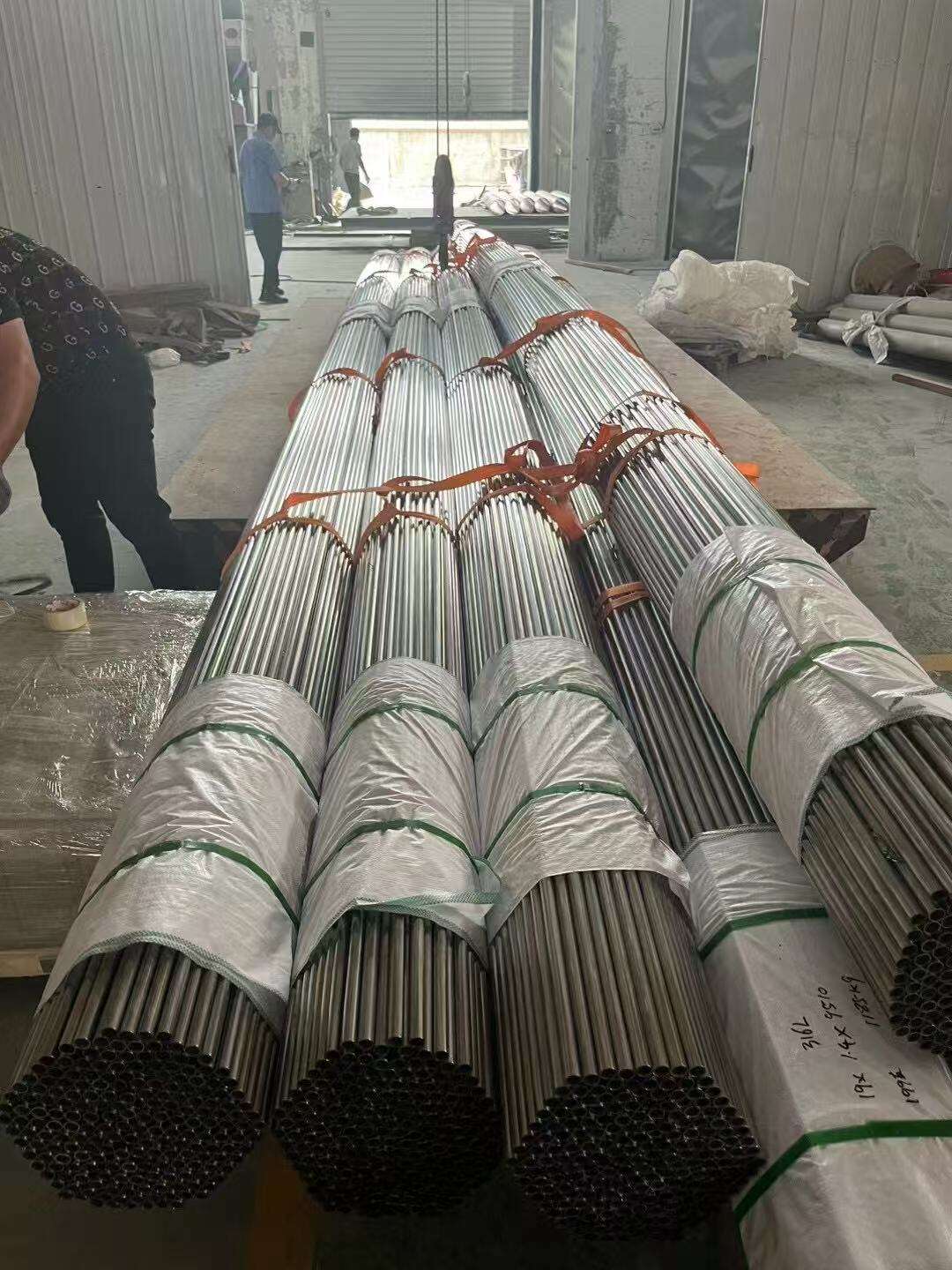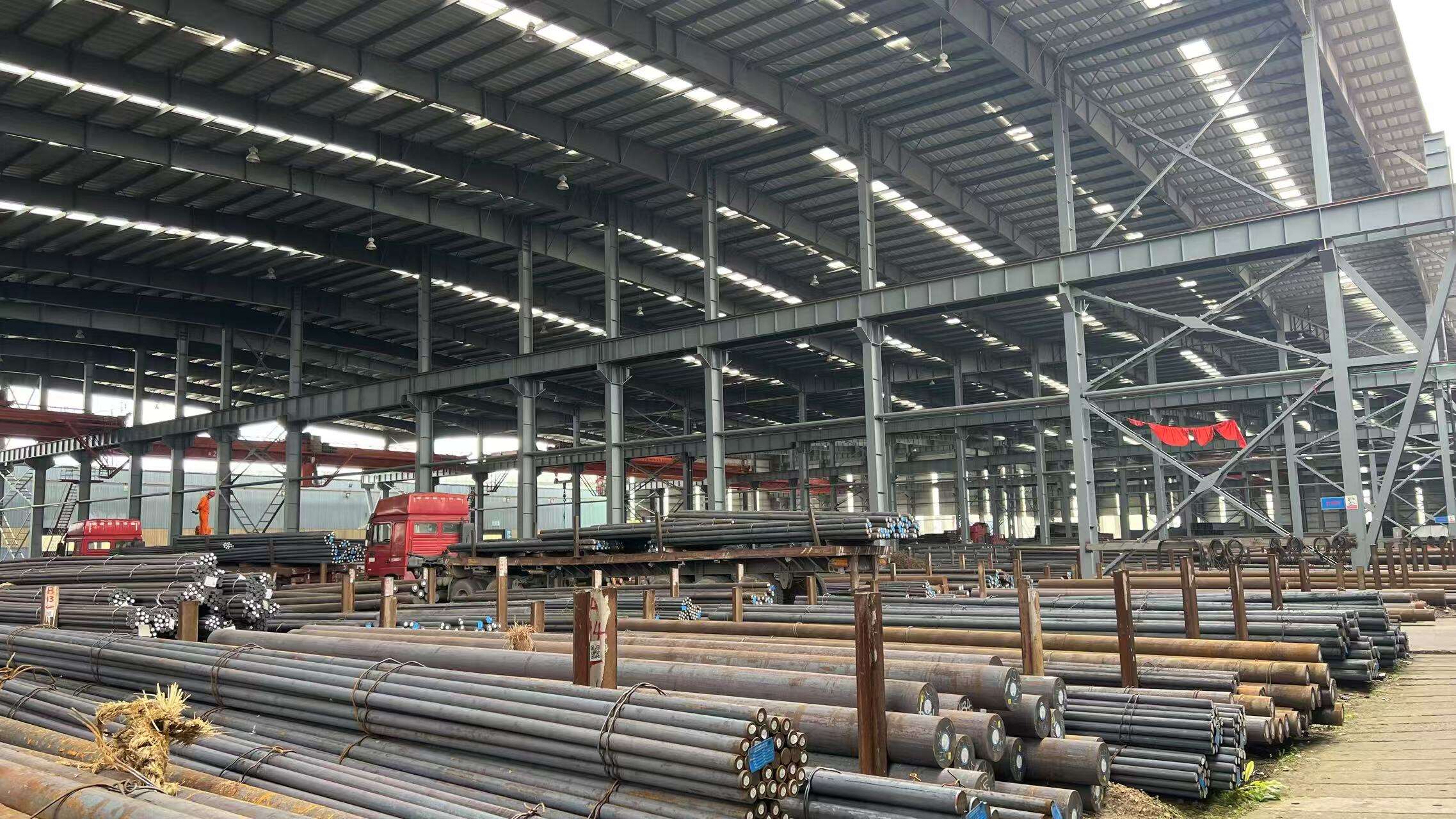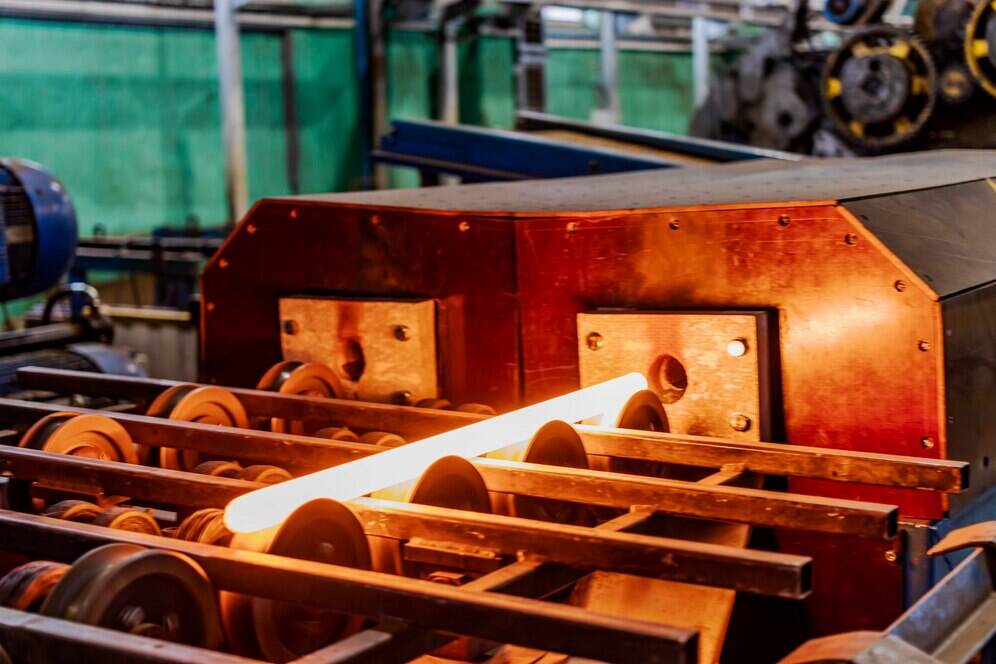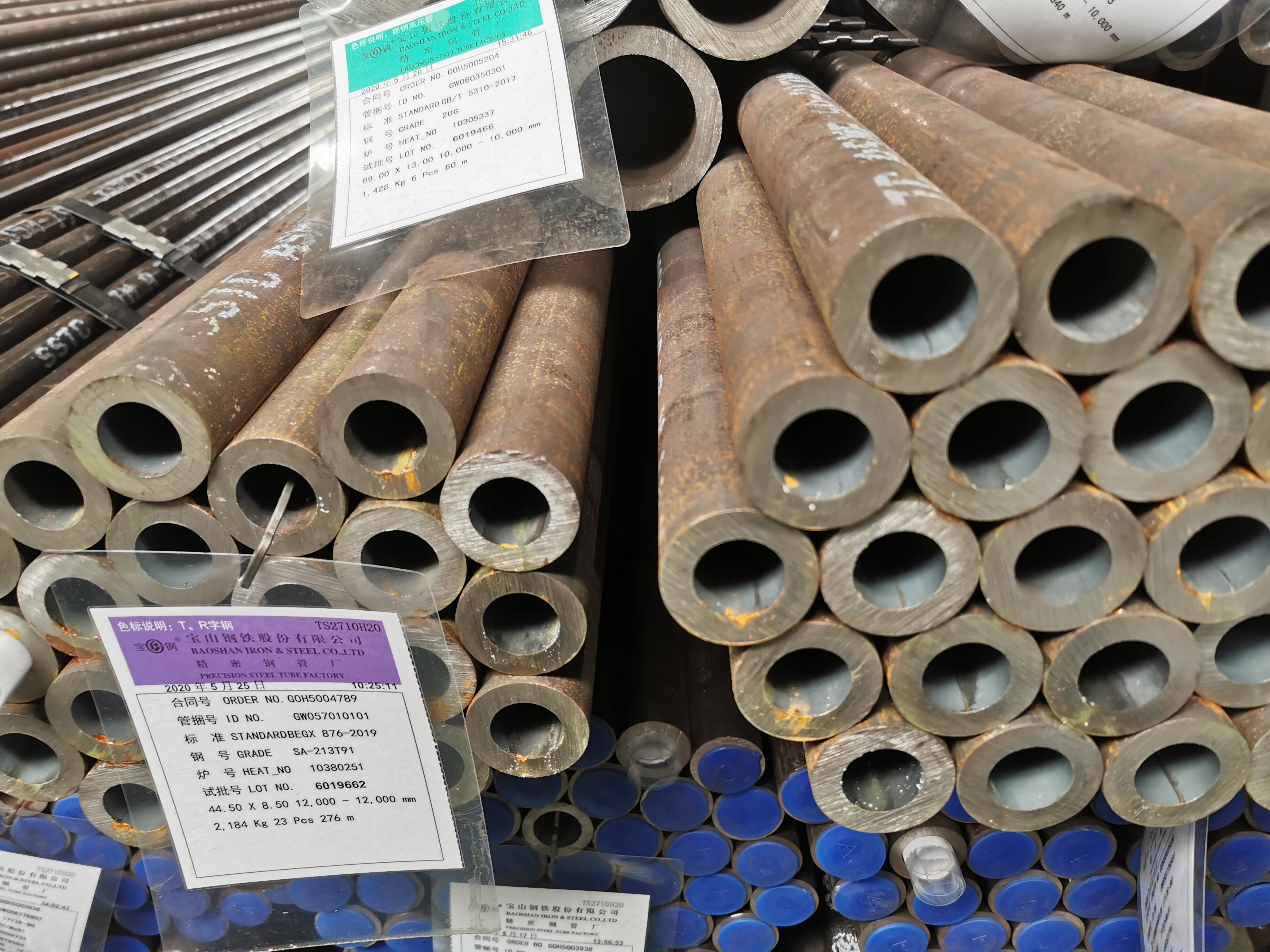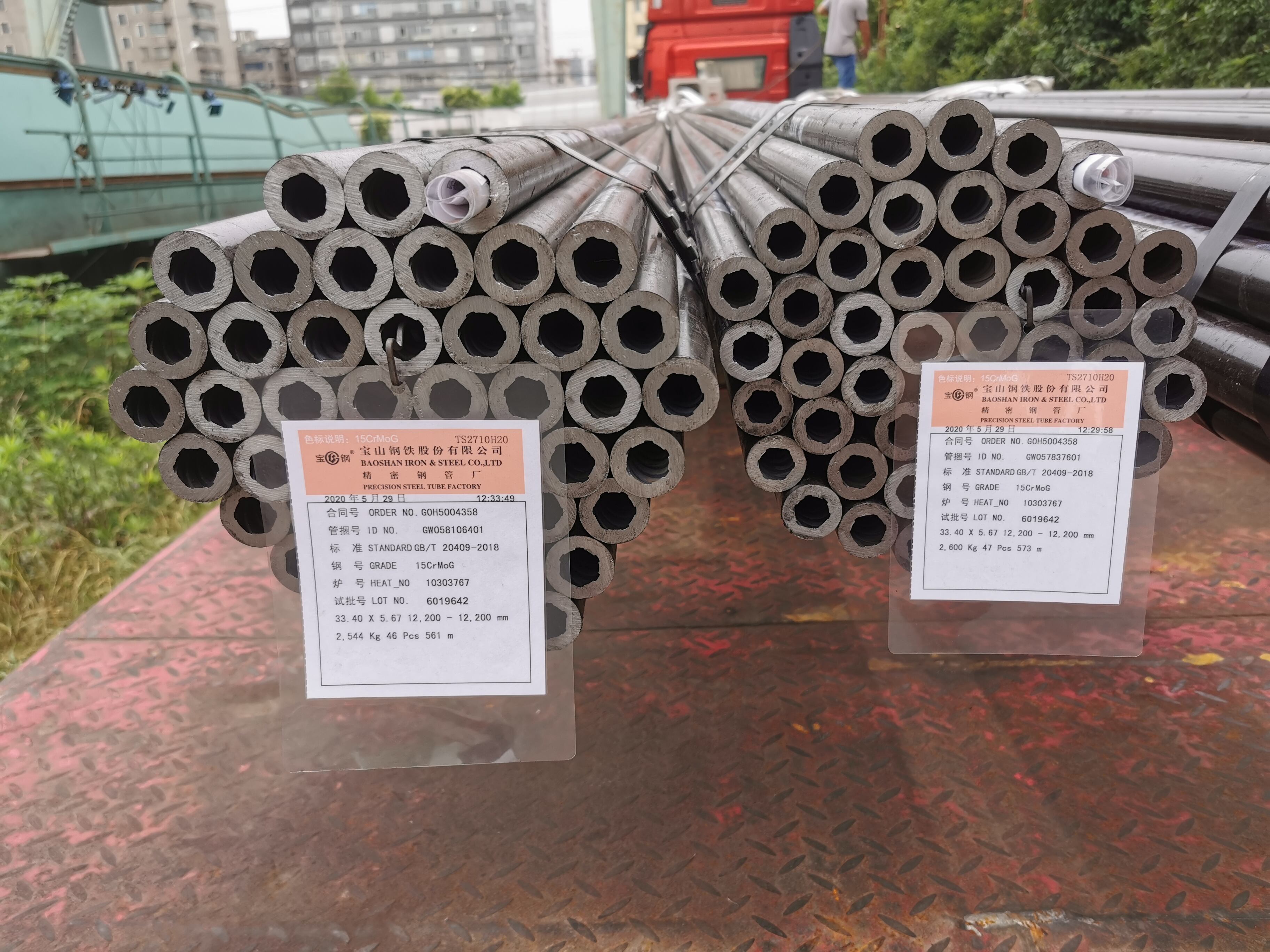boiler tube replacement
Boiler tube replacement is a critical maintenance service that ensures the continued safe and efficient operation of industrial boilers across various sectors. This essential process involves the systematic removal and installation of heat exchanger tubes within boiler systems, addressing wear, corrosion, and performance degradation that naturally occurs over time. The primary function of boiler tube replacement centers on restoring optimal heat transfer capabilities while maintaining structural integrity and operational safety standards. Modern boiler tube replacement utilizes advanced materials and precision engineering techniques to deliver superior performance characteristics. The technological features include specialized tube materials such as carbon steel, stainless steel, and high-alloy compositions designed to withstand extreme temperatures and corrosive environments. Professional replacement services employ computerized tube layout systems, ensuring precise positioning and alignment for maximum efficiency. The process incorporates non-destructive testing methods, including eddy current inspection and ultrasonic thickness measurement, to verify tube condition and installation quality. Advanced welding technologies, such as orbital welding systems, provide consistent and reliable tube-to-tubesheet connections. Applications for boiler tube replacement span numerous industries including power generation facilities, chemical processing plants, petroleum refineries, paper mills, and manufacturing operations. Steam generators in nuclear power plants require specialized tube replacement procedures due to stringent safety requirements. Marine boilers on commercial vessels benefit from replacement services that address saltwater corrosion challenges. District heating systems rely on tube replacement to maintain consistent heat distribution throughout urban networks. Food processing facilities depend on sanitary tube replacement procedures that meet strict hygiene standards. The replacement process typically involves comprehensive system shutdown, thorough inspection protocols, precise tube extraction using specialized tools, surface preparation of tube sheets, new tube installation with proper expansion techniques, and rigorous testing procedures before system restart. Quality assurance measures include pressure testing, leak detection, and performance verification to ensure optimal operation and extended service life.

